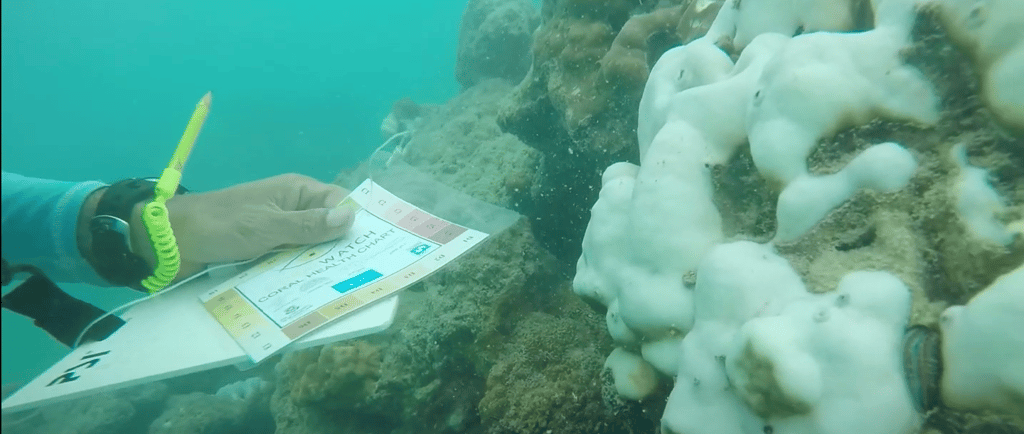Join Eco Diver's Mission to Restore Our Oceans
Explore the vital work of Eco Diver India since 1997 in coral restoration. Discover how we blend ocean education, sustainable tourism, and hands-on conservation efforts to protect marine life and inspire divers. Join us in making a difference for our oceans and reefs today!
5/8/20242 min read


Marine Conservation Efforts
Eco Diver India pursues a comprehensive suite of marine conservation initiatives, each underpinned by scientific best practices, community collaboration, and sustainable development principles. Our programs include:
Coral Deployment on Natural Substrates
Site Selection & Preparation: We identify existing, stable reef frameworks—such as dead Acropora thickets or consolidated limestone outcrops—where structural integrity ensures long-term coral attachment.
Coral Transplant Techniques: Using our founder’s refined “micro-fragmentation” and “coral cuttings” protocols, we affix healthy coral fragments directly onto natural reef skeletons. This promotes rapid healing, genetic diversity, and a truly authentic reef aesthetic.
Permanent Stability: By working with the reef’s own architecture rather than introducing artificial modules, we guarantee that transplanted corals grow in situ, integrating seamlessly with surrounding communities of fish, invertebrates, and algae.
Long-Term Monitoring & Adaptive Management
Quarterly Surveys: Trained Eco Diver conservation teams conduct standardized assessments of coral survival, growth rates, and associated biodiversity.
Data-Driven Adjustments: Results inform refinements in fragment selection, attachment methods, and site maintenance, ensuring each restoration site evolves toward self-sustaining reef resilience.
Responsible Diving Protocols
Eco-Certified Guides: All dive staff complete advanced training in low-impact buoyancy control, anchor-free anchoring systems, and wildlife etiquette.
Visitor Education: Every diver receives a brief on minimizing physical contact, respecting species habitat zones, and reporting observations of bleached or damaged areas.
Marine Debris Removal
“Clean & Dive” Campaigns: Monthly underwater and shoreline cleanups are coupled with rigorous debris categorization and weight tracking, allowing targeted advocacy for waste-management improvements.
Local Recycling Alliances: Collected plastics and ghost nets are processed through partnerships with regional recycling centers like Green Life Socity and Governament Administration, creating a circular-economy model that benefits both reefs and communities.
Citizen Science & Species Documentation
Reef Guardians Workshops: Volunteers learn to identify key coral, fish, and invertebrate species, contributing verified sightings to our digital database and global platforms like iNaturalist.
Biodiversity Reports: Annual summaries of species richness and community composition guide conservation priorities and share progress with stakeholders.
Community Engagement & Sustainable Livelihoods
Co-Management Models: We facilitate shared-governance agreements with fishing cooperatives and village councils, embedding reef protection into local development plans.
Alternative Income Training: Programs in eco-guiding, responsible aquaculture, and artisanal crafts from upcycled ocean plastics offer fisherfolk and youth new revenue pathways.
Education & Advocacy
Integrated School Programs: Interactive modules—ranging from classroom presentations on marine ecology to hands-on reef visits—cultivate ocean literacy among students of all ages.
Public Awareness Drives: Multilingual campaigns address critical issues such as bleaching events, climate impacts, and the value of marine protected areas, reaching tourists, residents, and policy-makers alike.
Research & Innovation
Ex Situ Coral Nurseries: In partnership with academic labs, we nurture genetically diverse coral lineages in land-based nurseries before outplanting, bolstering local reef resilience.
Material Science Collaborations: Though we eschew artificial substrates, we explore biodegradable reef-enhancement materials—such as eco-cement infused with natural reef rubble—to support complex habitat formation.
Through these integrated efforts—prioritizing natural reef structures, rigorous science, community partnership, and hands-on education—Eco Diver India fosters lasting marine conservation outcomes that honor the ocean’s inherent complexity and beauty.